When we talk about sustainable farming and eco-friendly solutions, hemp often emerges as a frontrunner. Why? This versatile plant isn’t just another crop; it’s a game-changer with an astounding range of benefits for the environment, economy, and society. Often overshadowed by its association with marijuana, hemp is finally making its way into the spotlight as a sustainable superstar. So, let’s dive into why hemp is critical for a greener future.
What is Hemp?
First, let’s clear up a common misconception: industrial hemp and marijuana are not the same. Though both come from the Cannabis sativa species, industrial hemp contains very low levels of THC (the psychoactive compound in marijuana). Instead, hemp is grown for its fibers, seeds, and oils, which have been used in textiles, food, construction, and even health supplements.
1. Environmental Benefits of Growing Hemp
There is a reason hemp is referred to as a “miracle crop”! It helps prevent contamination of soil and water systems because it is naturally pest-resistant and uses fewer pesticides than many other crops. Below is a summary of some of its most significant environmental advantages:
An Absorber of Carbon
When it comes to sequestering carbon, hemp is a powerful tool. It can absorb roughly 1.63 tons of carbon dioxide (CO₂) in each ton of hemp grown, absorbing it from the environment and storing it in the plant material. Because of this characteristic, hemp plays a vital role in the fight against climate change. Think about hemp fields functioning as enormous carbon sponges!
Improves Soil Health
Hemp not only removes carbon from the atmosphere but also replenishes the land with nutrients. In contrast to many other income crops, hemp enriches the land instead of depleting it. Because hemp roots penetrate deeply, they assist in the aeration of the soil and stop soil erosion, which promotes biodiversity and a more robust soil structure.
Water-Saving Qualities
Hemp uses a lot less water to grow than other crops like cotton. Hemp requires a fraction of the 2,700 litres of water required to make a single T-shirt, whereas cotton is infamously thirsty. Making the conversion to hemp might greatly lessen the burden on local water resources in areas where water scarcity is an issue.
2. Hemp’s Role in Sustainable Industry
Where hemp excels is in its adaptability. Numerous environmentally benign goods can be made from this plant, lowering our need for dangerous, resource-intensive substitutes. Hemp is changing the following industries:
Hemp Textiles
Compared to cotton, hemp cloth is more resilient, biodegradable, and uses fewer chemicals. Additionally, it is among the world’s strongest natural fibers. Hemp apparel is a sustainable option for fashion manufacturers trying to lessen their environmental effects because it feels comfortable and is more durable than many other textiles.
Building with Hempcrete
Hempcrete is a type of biocomposite material made from hemp. It is created by combining lime with the woody core of the hemp plant, creating an insulating, breathable, and lightweight substance. As a carbon-negative building material, hempcrete absorbs CO2, in contrast to concrete, which releases a significant quantity of CO2 during manufacture. Furthermore, hempcrete buildings are inherently fireproof and mould-resistant, which only increases their allure for environmentally friendly buildings.
Biofuels and Bioplastics
Hemp is becoming a viable source for biofuels and bioplastics as the globe shifts away from fossil fuels and petroleum-based goods. The fibers from hemp can be used to make bioplastics, which decompose more rapidly than conventional plastics and hemp oil can be turned into biodiesel. These eco-friendly materials may lessen our reliance on non-renewable resources and aid in the fight against pollution.
3. A Nutritious Superfood: Hemp
In addition to its industrial applications, hemp is a wholesome food. Proteins, vitamins, minerals, and vital fatty acids are all abundant in hemp seeds. They are a complete protein, which is uncommon in the plant kingdom since they include all nine essential amino acids. Incorporating hemp seeds into your diet promotes general health and well-being without having the same negative environmental effects as many animal-based proteins.
4. The Economic Impact of Hemp
Hemp’s comeback has created new business prospects, particularly for farmers. A single hemp crop can be sold in a variety of markets, including those for food, construction materials, health supplements, textiles, and even animal bedding, due to its adaptability. Farmers now have a steady source of revenue thanks to this market diversification, which lowers the financial risk involved with monoculture farming.
Purchasing hemp gives farmers a lucrative and ecologically friendly crop in response to the rising demand for sustainable goods worldwide. Supporting hemp also helps create jobs, diversify the agriculture industry, and boost rural economies.
5. Legal Challenges and the Road Ahead
Hemp still confronts legal and regulatory obstacles despite its remarkable sustainability profile. Hemp was grouped with marijuana and outlawed for many years in many parts of the world. Even though laws are increasingly becoming less stringent, stigma still exists, and bureaucratic roadblocks may prevent cannabis from reaching its full potential.
The laws governing THC levels in nations where hemp is permitted can be complicated and differ from one jurisdiction to the next. Obtaining licenses and fulfilling regulatory standards are frequent challenges for farmers. By lowering prices and encouraging more farmers to grow hemp, these laws might be made simpler, increasing the accessibility of hemp-based products.
6. The Future of Hemp: Why We Need to Embrace It Now
There has never been a more pressing need for sustainable solutions. Natural resource depletion, soil deterioration, and climate change are issues that require quick attention. Although hemp is not a panacea, it does provide a workable, expandable answer for a variety of environmental problems.
Customers can directly support environmentally friendly items and businesses that value sustainability by selecting hemp. Little decisions add up, whether you choose to wear hemp apparel, use hemp-based building materials, or include hemp foods in your diet. Adopting hemp is a step toward building a more sustainable and greener future.
Final Thoughts
One of the main pillars of sustainable development might be hemp. It is a vital tool in the fight against climate change because of its advantages for the environment, industrial adaptability, and economic potential. But in order for hemp to really flourish, we must work to raise awareness, lower regulatory obstacles, and increase acceptance.
Imagine a world in which hemp fibers are used to make clothing, hempcrete is used to build cities, and hemp biofuels power automobiles. Although this may sound like a pipe dream, if we decide to embrace hemp, we can achieve it. Supporting hemp is a vote for a more resilient, greener world, not just an investment in a crop.
Let’s honour hemp for what it is: a remarkable plant that has the ability to change the industry, improve the environment, and enrich our lives.

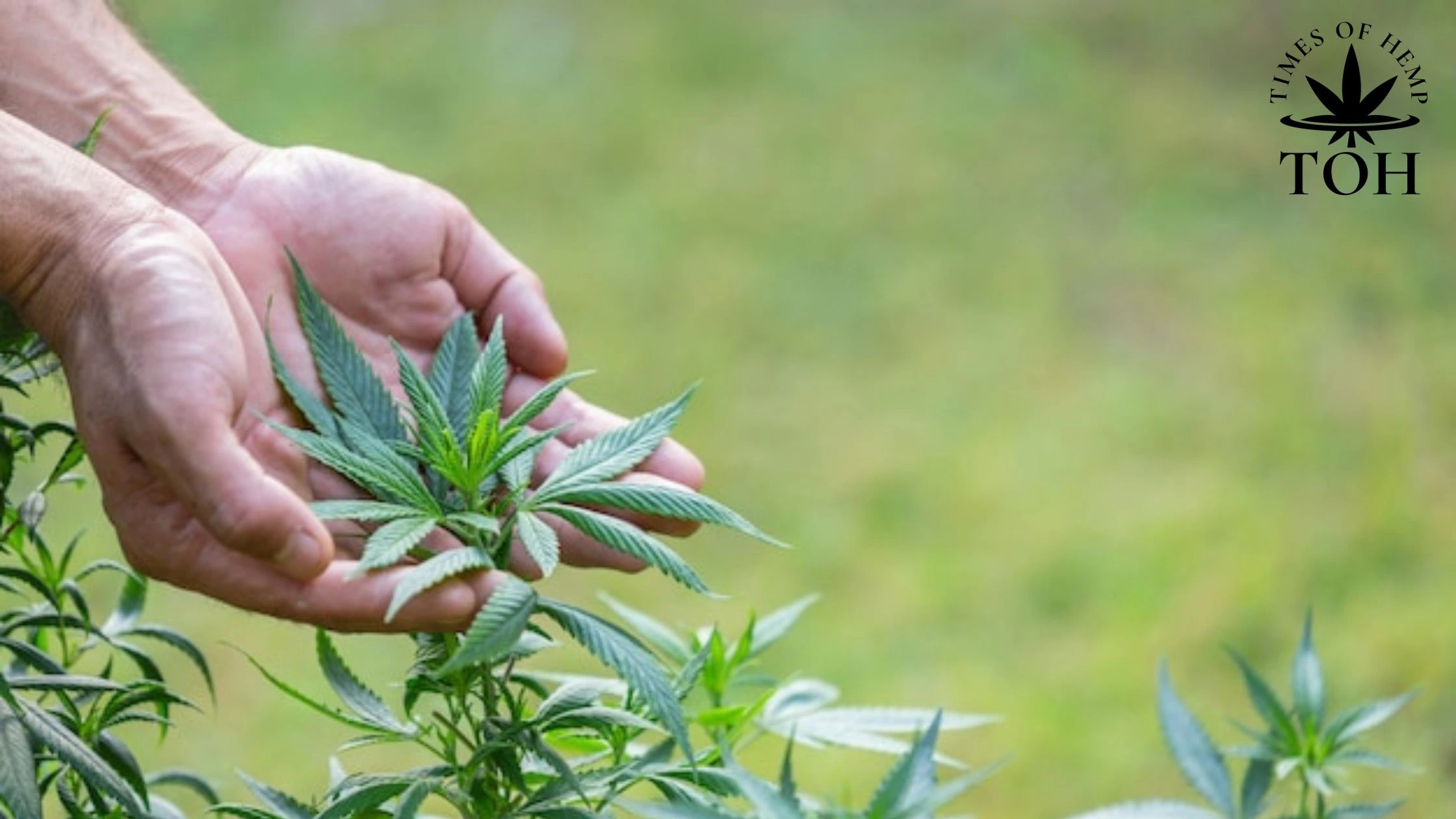
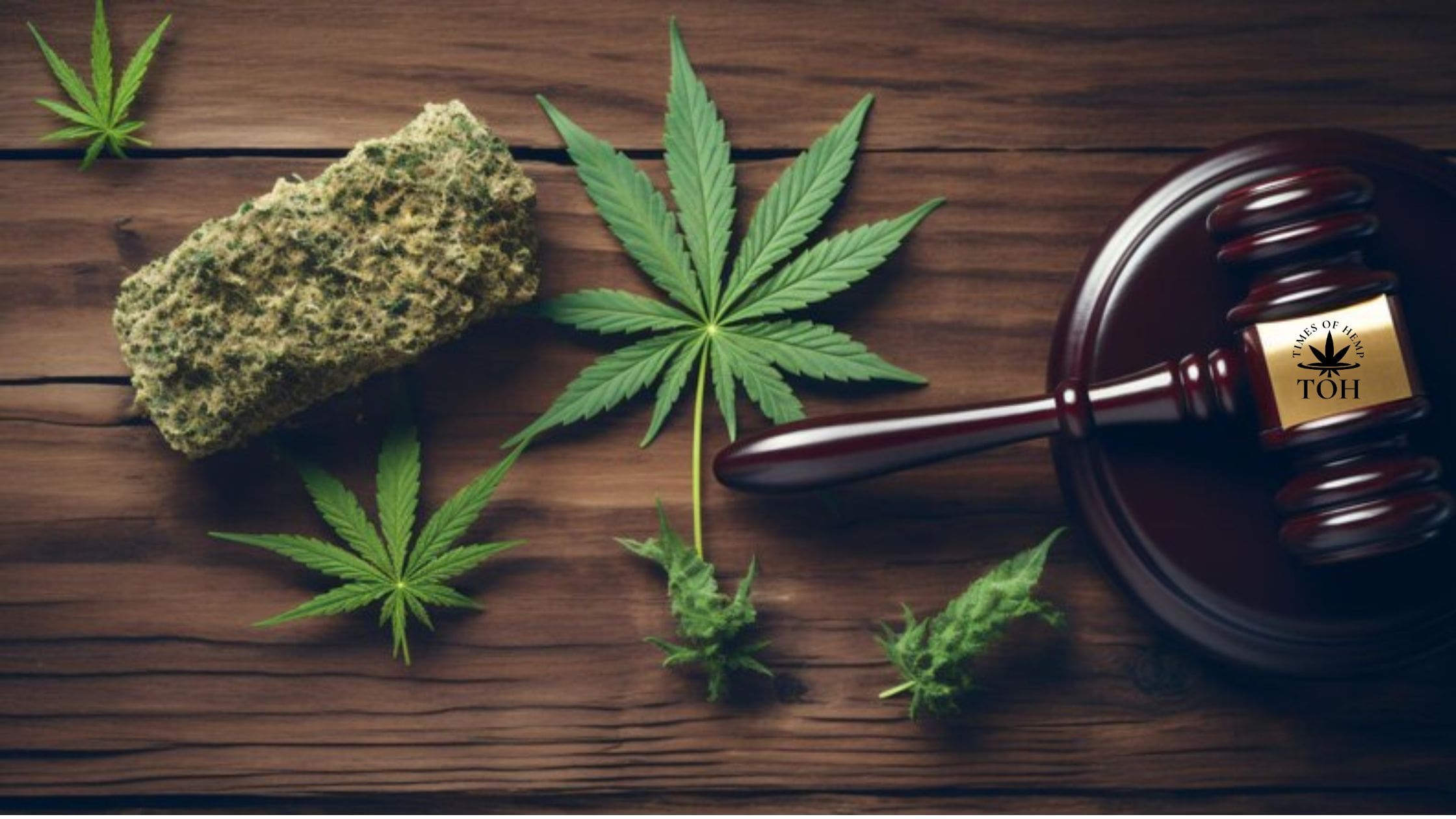
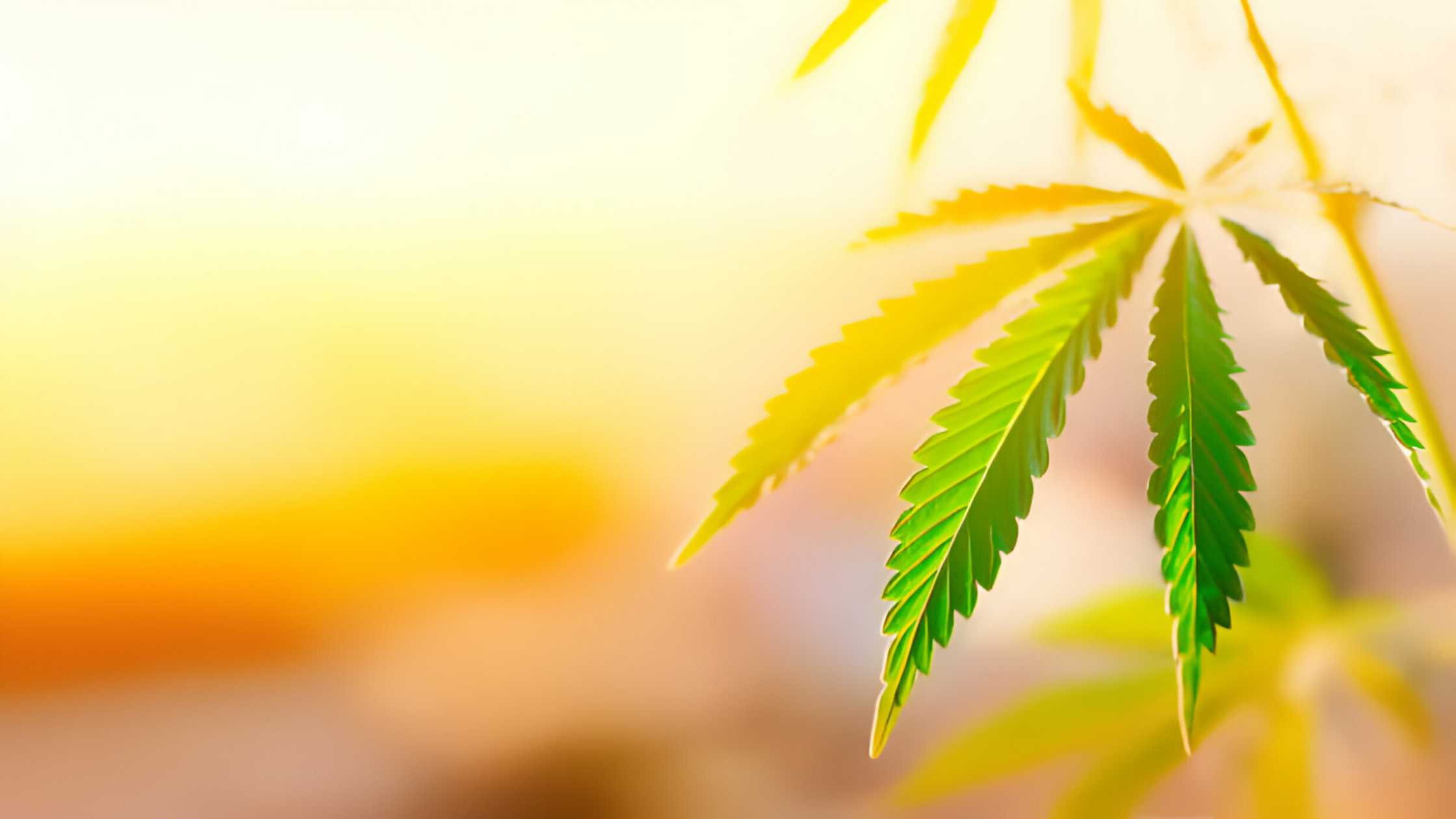
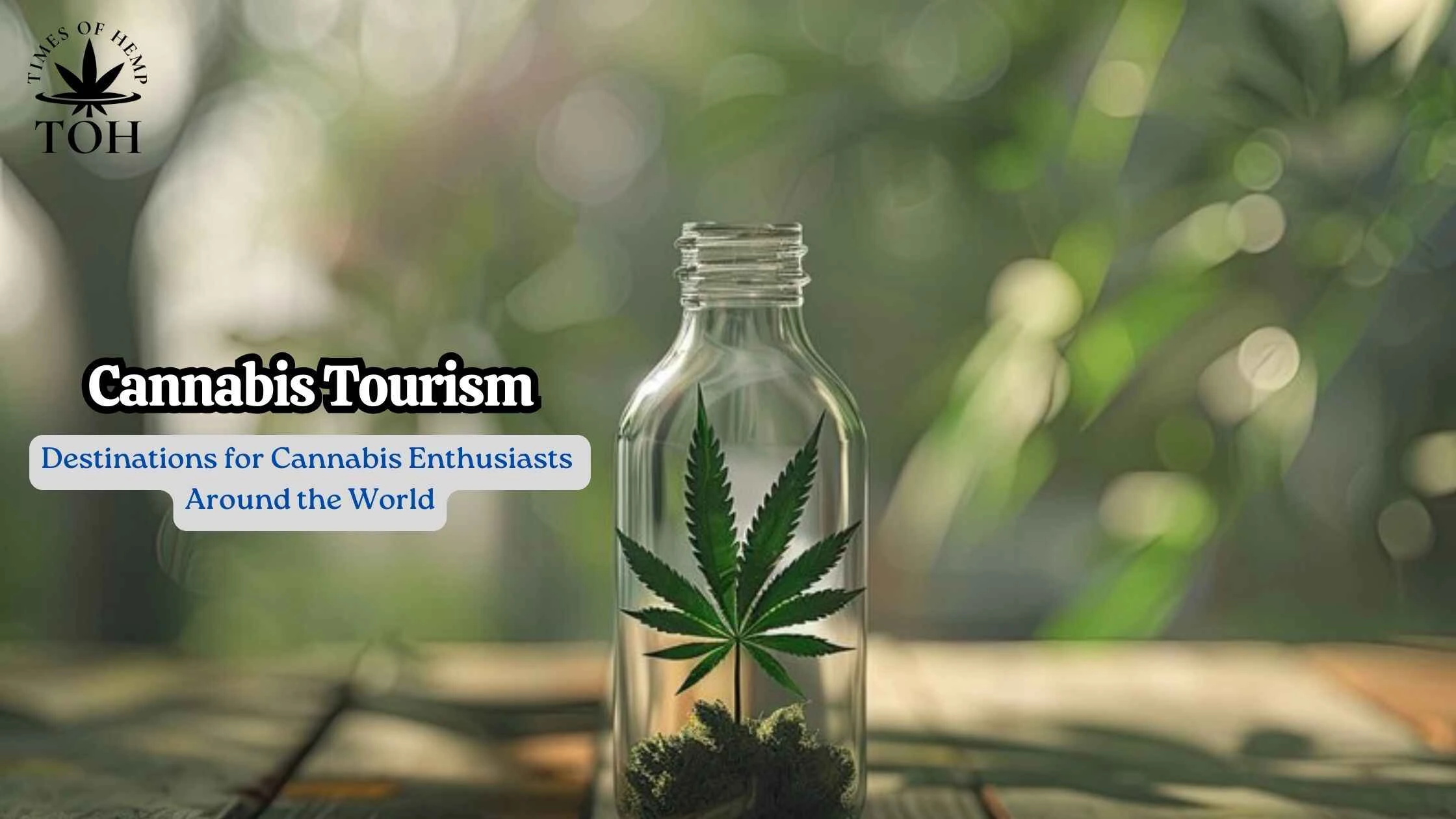
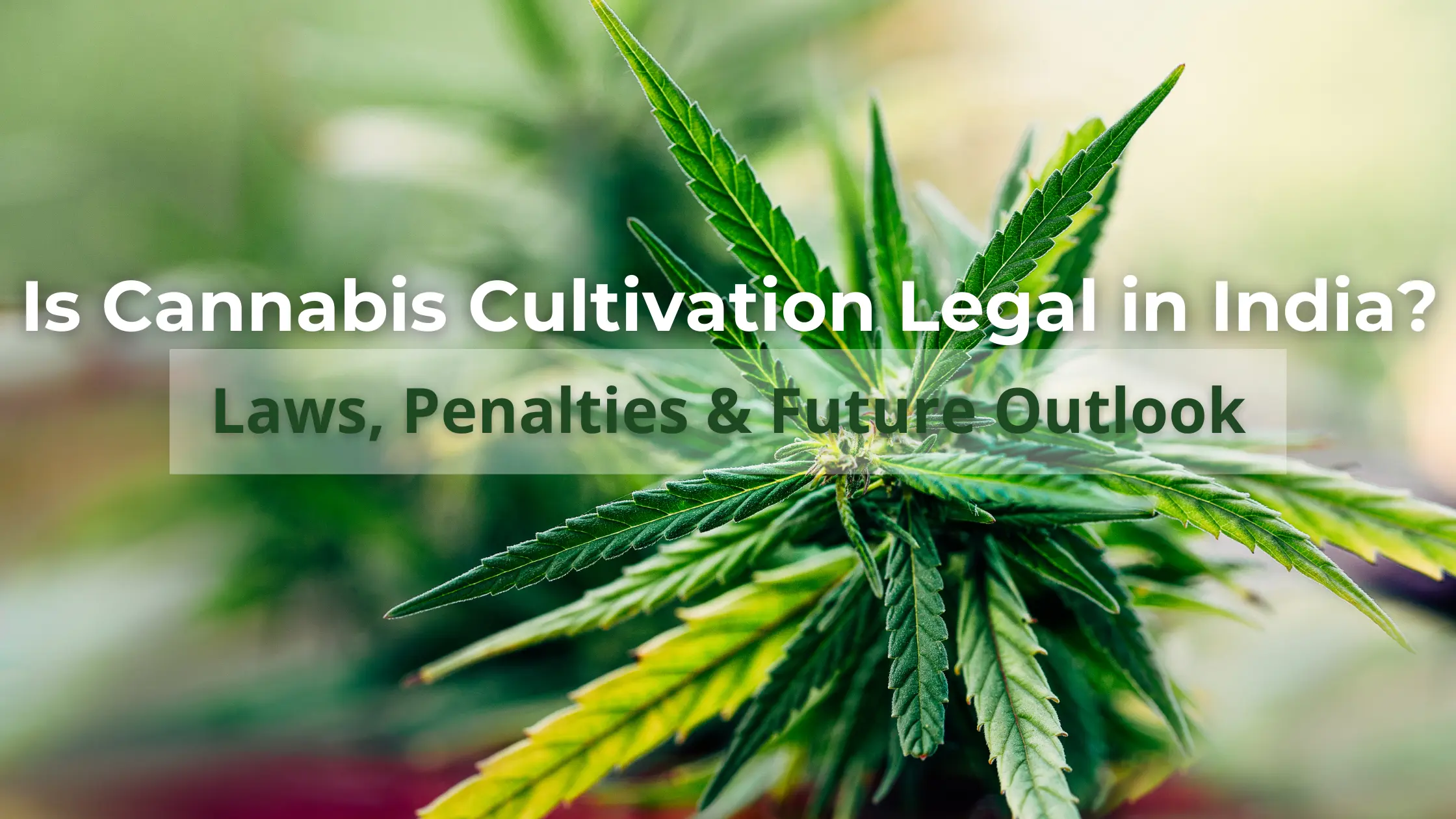
Amazing information, thanks for sharing, Keep doing